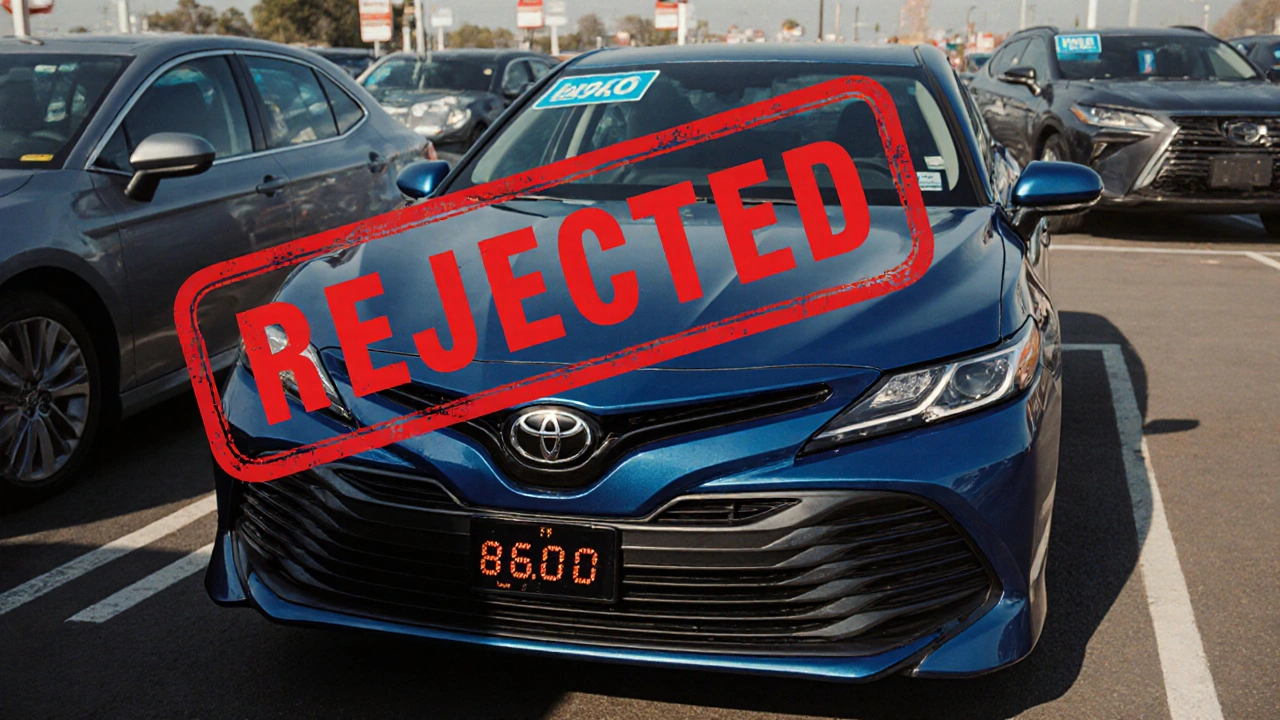When you see Toyota certification requirements, the official standards a used Toyota must meet to earn Certified Pre-Owned (CPO) status from Toyota itself. Also known as Toyota CPO program, it’s not just a fancy label—it’s a promise backed by inspections, warranties, and real customer protection. Unlike generic used car certifications from third parties, Toyota’s program is built on the same trust that makes new Toyotas reliable. If you’re considering a used Toyota, understanding these rules helps you avoid overpaying for a car that doesn’t actually qualify.
Toyota’s certification isn’t random. A vehicle must be under 6 years old and have less than 85,000 miles. That’s stricter than most brands. Then it goes through a 160-point inspection—things like brake pad thickness, suspension wear, and even whether the infotainment system responds correctly. If anything fails, Toyota replaces or repairs it using genuine parts. That’s not just cleaning the car—it’s restoring it to near-new condition. And the warranty? It’s not a vague "limited" plan. You get a 12-month/12,000-mile comprehensive warranty on top of the original powertrain coverage, which can stretch up to 7 years or 100,000 miles from the original sale date. That’s rare in the used car world.
But here’s what most people miss: CPO inspection, the detailed checklist Toyota uses to approve used vehicles for certification. Also known as Toyota CPO checklist, it’s the backbone of the whole program. It’s not just checking if the engine runs. They test the hybrid battery health, scan for hidden accident damage with diagnostic tools, verify the title history, and even check for recalls that haven’t been fixed. If a car was in a flood or had frame damage, it’s rejected—no exceptions. That’s why a certified Toyota often costs more than a similar used car from a private seller or non-certified dealer. You’re paying for peace of mind, not just a clean interior.
And don’t forget the Toyota warranty, the extended coverage that comes with every certified pre-owned Toyota. Also known as Toyota CPO warranty, it’s one of the most transparent in the industry. No fine print traps. No hidden exclusions for things like electrical glitches or climate control issues. If it breaks and it’s covered under the CPO terms, Toyota fixes it. That’s why CPO Toyotas hold their value better than non-certified ones. Buyers know they’re getting something reliable, and resale buyers know it too.
You’ll find posts below that dig into how CPO programs compare to regular used cars, what the real savings are, and how to spot a dealer who’s cutting corners. Some articles even show you how to check a vehicle’s history yourself before you even walk onto the lot. Whether you’re looking at a Camry, RAV4, or Highlander, knowing the Toyota certification requirements means you won’t get sold a car that barely scraped by the minimums. You’ll walk away with confidence—and maybe even a better deal.
Posted by
Liana Harrow
10 Comments

Not every used Toyota qualifies for certified pre-owned status. Learn the real reasons Toyotas get rejected-age, mileage, accident history, service gaps, and more-before you buy.
read more